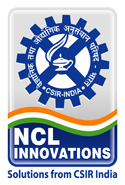
  |
History of Technology at NCL
1970 – 1980

 |
In the newsDownloadsResearch and Insights
Related links |
|
|
||

  |
History of Technology at NCL
1970 – 1980

 |
In the newsDownloadsResearch and Insights
Related links |
|
|
||